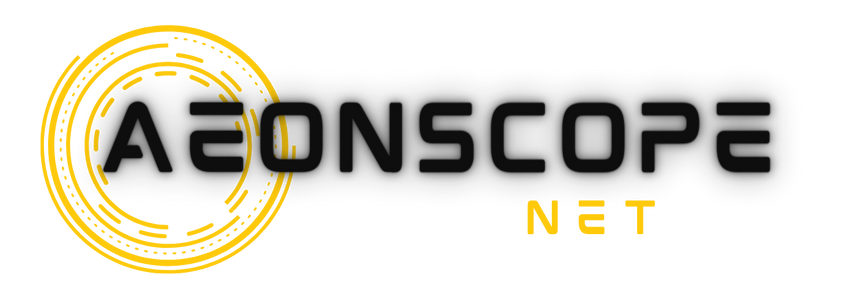Which is better for data analysis, sql or python? The answer to this question is not always clear cut, as both sql and python have their own strengths and weaknesses. In this blog post, we will discuss the pros and cons of each language to help you decide which one is right for you.
When it comes to data management, there are two major languages that dominate the market: sql and python. Both languages have their own pros and cons, which can make it difficult to decide which one is right for your needs. In this blog post, we will explore the pros and cons of both sql and python in order to help you make an informed decision.
SQL vs Python
There are many different programming languages to choose from when starting out in web development. Two of the most popular ones are SQL and Python. Both have their pros and cons, so which one should you choose? In this post, we’ll compare SQL and Python to help you decide which is the best fit for you.
Python is a high-level, interpreted, general-purpose programming language, while SQL is a standard database query language. Both languages have their advantages and disadvantages. In this blog post, we will compare and contrast Python and SQL in terms of syntax, usage, data types, and performance. We will also provide examples to help you understand the differences between these two languages.
Introduce sql and python
SQL is a standard database query language, while Python is a high-level, interpreted, general-purpose programming language. Both languages have their advantages and disadvantages. In this blog post, we will compare and contrast SQL and Python in terms of syntax, usage, data types, and performance. We will also provide examples to help you understand the differences between these two languages.
Python is a versatile language that you can use for building a range of applications, from simple scripts to complex web applications. It is easy to learn and has a concise syntax that makes it perfect for beginners.
Discuss the pros of sql
SQL is a standard database query language that is widely used in the industry. It is easy to learn and has a well-defined syntax. SQL is also very efficient in handling large datasets.
One of the major advantages of SQL is its ability to query data from multiple tables. This makes it ideal for analytical tasks such as data analysis and reporting. SQL is also very efficient in handling large datasets. Another advantage of SQL is that it supports various data types such as integers, strings, dates, and Booleans. This makes it easy to store data in a database using SQL.
Discuss the cons of sql
One of the major disadvantages of SQL is that it is not as flexible as Python. This means that it can be difficult to query data from multiple tables. SQL also does not support some of the data types that Python does, such as lists and dictionaries. This can make it difficult to store complex data structures in a database using SQL.
SQL is also not as widely used as Python. This means that there are fewer resources available for learning and using SQL. Additionally, SQL is not as easy to use for complex applications as Python.
Introduce python
Python is a high-level, interpreted, general-purpose programming language. It is easy to learn and has a concise syntax that makes it perfect for beginners. Python is also very versatile and can be used for building a range of applications, from simple scripts to complex web applications.
Python supports various data types such as integers, strings, dates, and Booleans. This makes it easy to store data in a database using Python. Additionally, Python supports lists and dictionaries, which makes it possible to store complex data structures in a database.

More Stories
4 Ways Your Business Can Take Advantage Of Cloud Computing
Fitbit Charge 4 is Easy To Use
Fitness tracker buyer’s guide